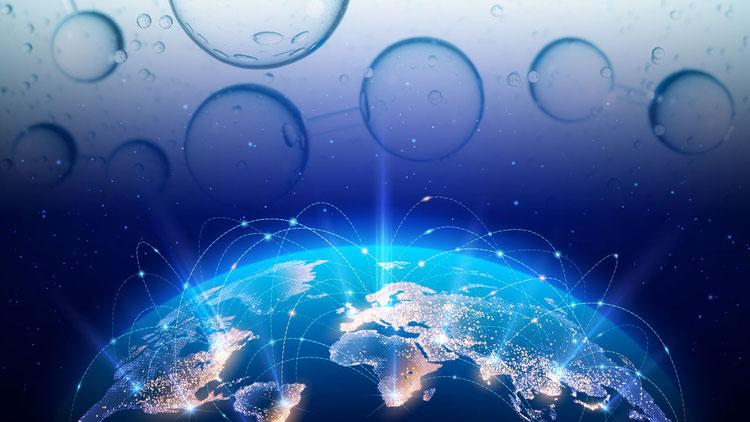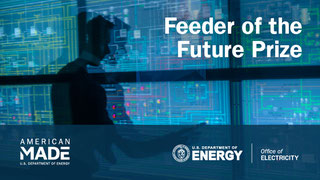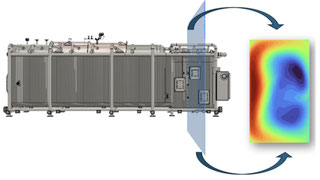Today, there are limited regions in the world where hydrogen and fuel cell technologies are being deployed at scale. As clusters of hydrogen production and end-use applications at scale start to develop worldwide, sharing best practices and lessons learned can accelerate technology deployment and adoption.
The H2 Twin Cities initiative encourages international partnerships between cities across different continents to help build strong ties and a community of practice for leaders and implementers from cities, industry, government, and a broad group of stakeholders. The initiative aims to accelerate hydrogen and fuel cell technology deployment and adoption and create an online platform to share lessons learned and best practices, showcase partner cities, and increase awareness of hydrogen and fuel cell technologies worldwide.
The H2 Twin Cities 2023 priorities include energy and environmental justice, social equity, and enabling concrete impact through fostering market adoption, scaling up hydrogen technologies, providing training and outreach resources, and achieving emissions reductions.
View the Official Application Guidelines
H2 Twin Cities 2023 will focus on establishing Mentor-Mentee pairings to enable a wider dispersion of information and facilitate the relationships needed to establish global hydrogen infrastructure and technology adoption.
Mentor-Mentee Cities
Mentor-Mentee Cities are pairings of cities from different countries, with strong preference for cities on different continents, that are at significantly different levels of hydrogen implementation. One city would be considered the Mentor city and would share lessons learned and best practices with the Mentee city, which is committed to future deployment of hydrogen technologies and addressing challenges of adoption. Both Mentor and Mentee cities would self-assemble and submit a joint application. This “twinning” of Mentor and Mentee cities would allow for an immediate benefit to the Mentee city. The inclusion of disadvantaged communities, diversity, equity, and engagement across a broad group of stakeholders will be considered highly favorable in the selection/scoring process. Participation from emerging economies is encouraged.
If additional cities are interested, up to two additional cities may collaborate with the two lead partner cities.
Eligibility
Any city in any country that has a demonstrated commitment to advancing hydrogen and fuel cell technology is eligible. For example, the country may have a hydrogen roadmap, policies to advance hydrogen, and/or resources to support the advancement of hydrogen technologies. Participation by Clean Energy Ministerial (CEM) member countries is encouraged. Cities or regions in CEM member countries are strongly encouraged to reach out to and pair with potential mentee cities regardless of whether the country where those mentee cities are located is a CEM member.
Strong preference will be given to pairing of cities on different continents to avoid duplication with other programs and partnerships of adjacent countries that may already have collaboration mechanisms.
How to Apply
City pairs pursuing recognition and award under the H2 Twin Cities program must submit an application package by October 19, 2023. One joint application must be submitted by parties who have agreed to the terms and intent of the H2 Twin Cities initiative. Click on “Solve this Challenge” to start your application.
Any partnering is left entirely to the entities involved and will not be determined by the country or Clean Energy Ministerial representatives. A single city submitting an application cannot be judged without a partner city.
Please review the official guidelines and scoring criteria for the complete application process and instructions for competing.









